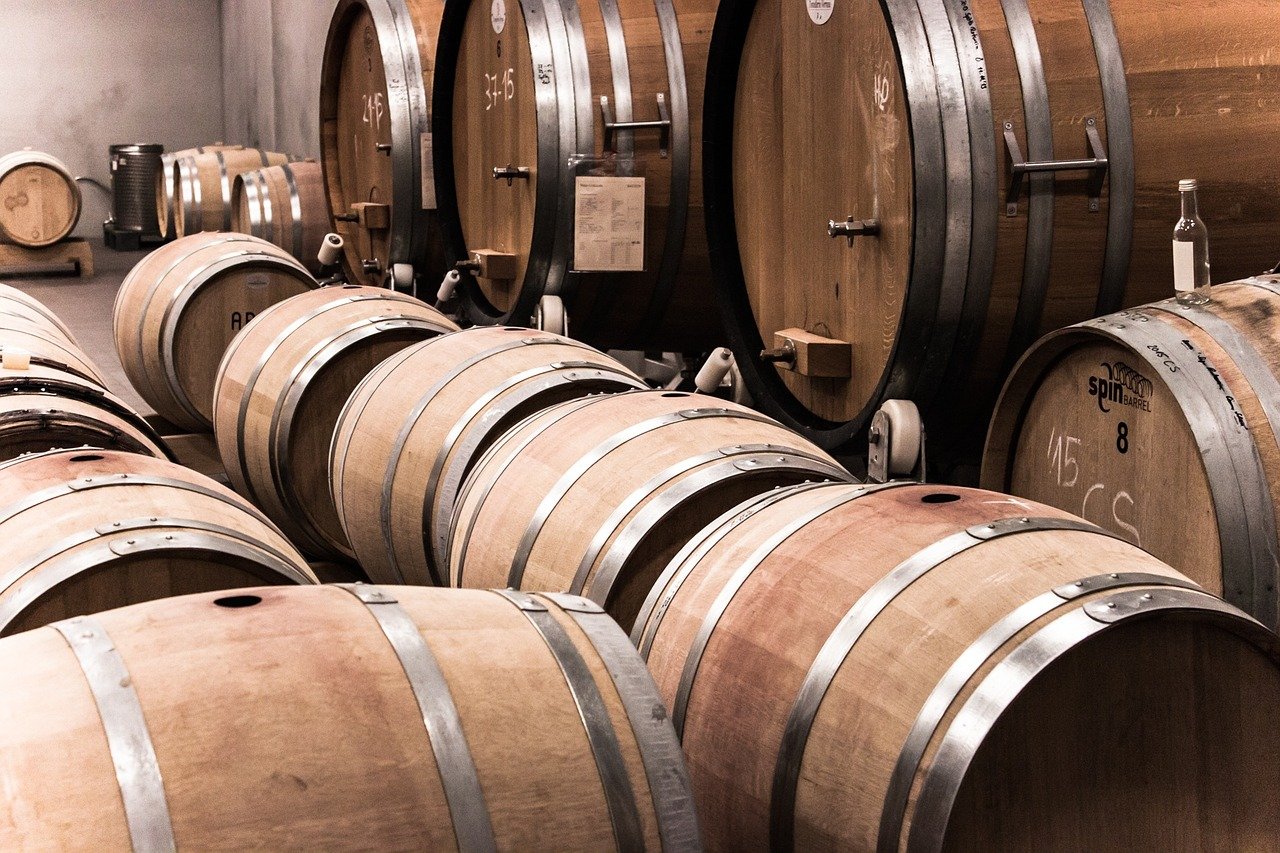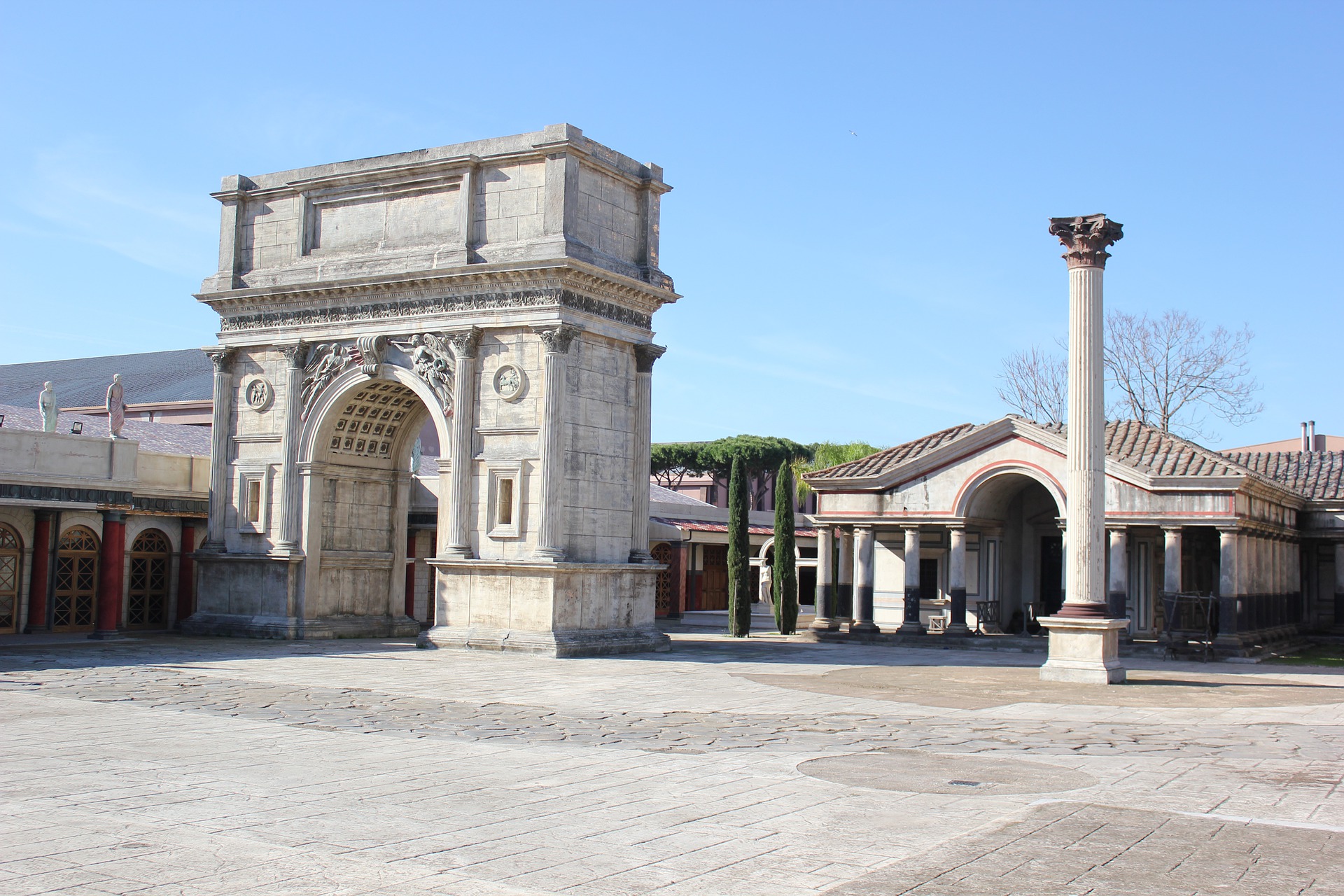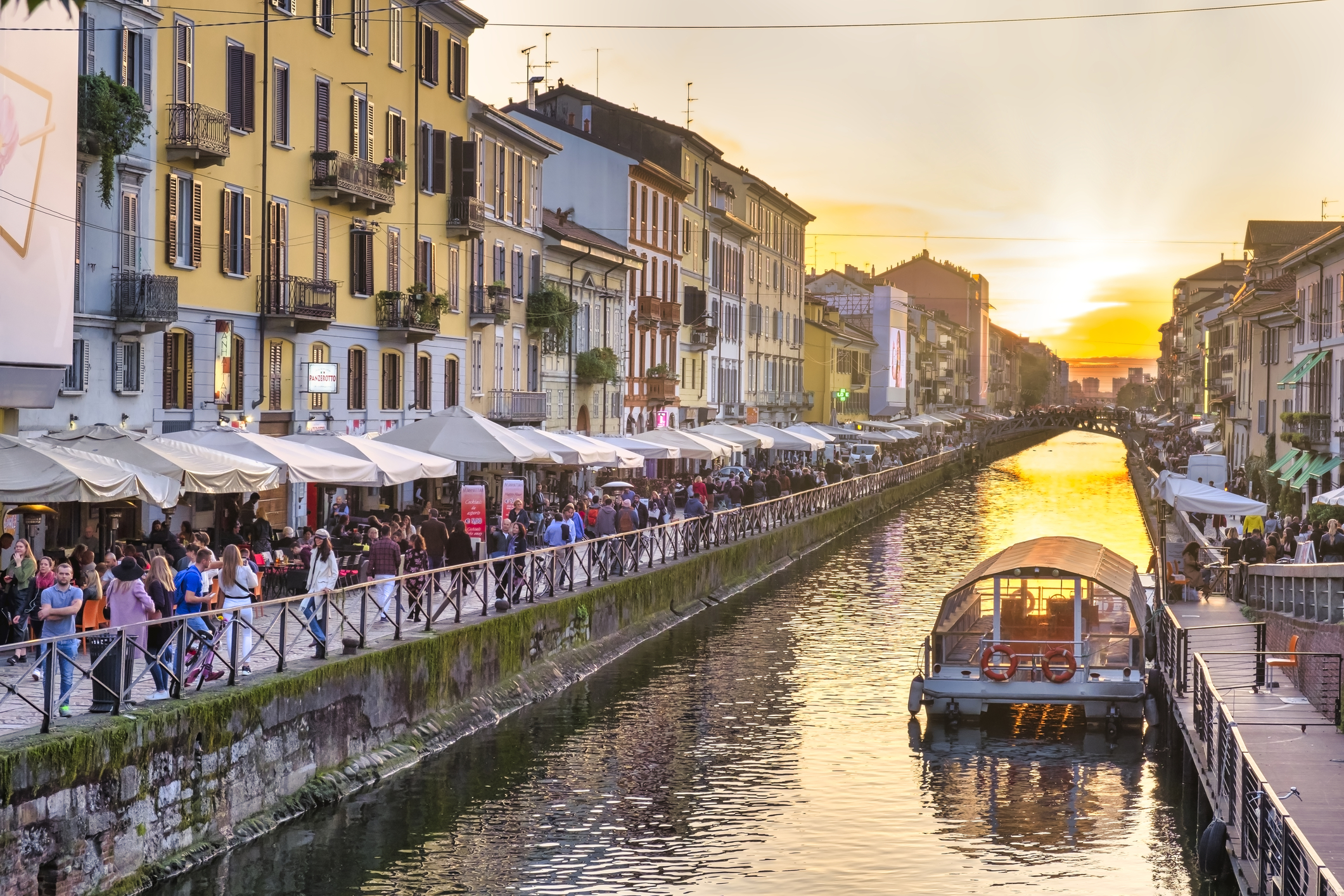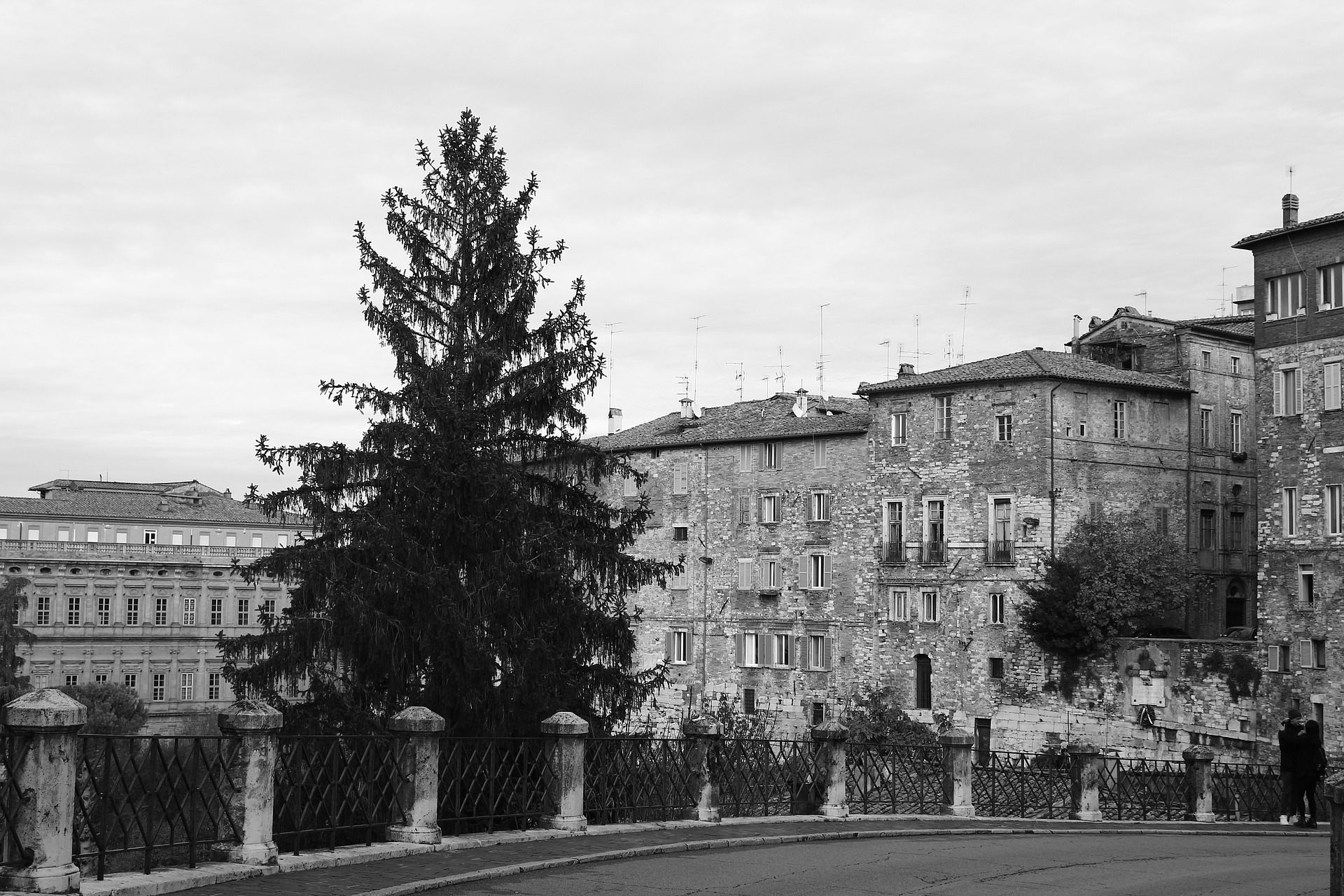In Greek mythology, Dionysus was the god of the grape harvest, winemaking and wine, of ritual madness and religious ecstasy. He was also known as Bacchus, the name given him by the Romans, who celebrated through him agriculture and wine.
The story says that Bacchus was the child of Jupiter, whose Greek name is Zeus, the king of the gods, and Semele, a mortal woman, the daughter of king Cadmus of Thebes. Juno, Jupiter’s wife, was very jealous of her unfaithful husband and found out about the affair he had with Semele while she was pregnant.
Appearing as an old lady, Juno befriended Semele and the woman confided who was the actual father of the baby she was carrying in her womb. Juno, furious, pretended to not believe her, planting seeds of doubt in her mind and tricking her into asking to see Jupiter as he really was.
Jupiter begged her not to ask this, but she persisted and he agreed. Therefore he came to her wreathed in bolts of lightning; mortals, however, could not look upon an undisguised god without dying, and she perished in the ensuing blaze. Jupiter rescued the fetal Dionysus by sewing him into his thigh. Nine months later Dionysus, or Bacchus, was born.
As a child, Dionysus was tutored by Silenus, who was a great lover of wine, and because of his passion, he often had to be carried home on the back of a donkey.
The legends says that Dionysus was the last god to join the twelve Olympians, but before he took his place at Olympus, he wandered the world for many years, going as far as India to teach people how to grow vines.
In art representations, his plants are vines and twirling ivy, and Dionysus often carries a pinecone-topped staff followed by goat-footed Satyrs and Maenads, wild women who would dance energetically around him.
Today what is left of the legend is the clear perception that winemaking is not simply a process through which men create a product, wine. Winemaking is an art, a philosophy, deeply rooted in our tradition and culture.
The harvest time is the crucial moment of an entire year’s work. The grapes have been exposed to various threats, including heat, rain, hail, and frost, which can damage them and trigger various vine diseases. So the instant grapes are picked is a magic-filled time, full of expectation, hope and excitement, because a good wine can only be obtained from perfect grapes.
In Italy winemakers and vineyard owners at this time of year must decide whether to use hand pickers or mechanical harvesters. In order to obtain a high quality wine and select the good grapes from the damaged ones, most winemakers choose the first option, despite the obviously higher costs.
Of course the images of women pressing the grapes with their feet while dancing and singing are now a distant memory. But if you take a stroll at the crack of the dawn, when the first light makes the vines resplendent and the earth still smells of dew, you may be able to find a winery somewhere that has just opened its door and will allow you to witness in person the magic of the harvest.
Unfortunately it’s not possible to actively participate in the actual picking, as wineries in Italy can only allow employees who posses an appropriate voucher to work the vineyard. But it is still be possible to have an unforgettable experience.
September is the month when the Italian countryside is swarming with people and tractors carrying baskets of handpicked grapes to the wineries, where they will be pressed and fill the air with the typical fragrance of the must.
Go, and experience the dream!






























